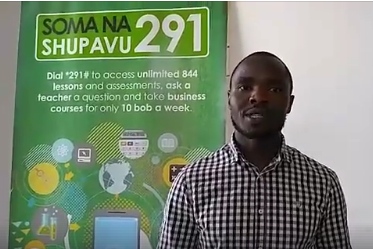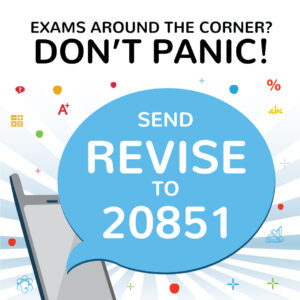Passing Maths exams depends on how you approach it. Get the right attitude and right mindset towards Mathematics; have all the necessary tools of the trade- materials needed to effectively revise Maths, have Everyday practice and Group discussions.
Four key tips to passing Mathematics:
- Get the right attitude and the right mindset towards Mathematics.
Maths isn’t that hard. There are many things you could understand in Maths if you could just change your attitude towards the subject. Many people fail Math just because they hear others saying Math is hard. They tend to believe the notion that Math is hard. But have you asked yourself how did other students manage to pass Maths? I always tell my students, if others have made it, why not you? It starts with you believing in yourself that you can do it. Believe that you can pass in Math when you put more effort and work smart.
- Get equipped with Math concepts and formulas and how to apply them. Learn to understand how a Math problem can be solved and then come up with your formula to solve any similar question. In your summary book, write down all the formulas needed for each topic and refer to them whenever you are solving a Math problem in the same area.
Why do you need to have all the formulas at your fingertips?
- Case scenario: You are given 2 1/2 hours (150 minutes) to answer questions worth 100 marks. It is important for a candidate to know how to utilize the 2 ½ hours to complete all the questions. How you manage the 2 1/2 hours in the exam room is very very important.
- Marks are awarded for steps used to get to the right answer.
- Instructions:
- Section I – 16 questions – (50 marks) – Answer all questions.
- Section II – 8 questions – answer any 5 questions (10 marks each).
- Show all the steps in your calculations.
- Marks are given for correct working even if the answer is wrong.
- Have all the necessary tools of trade ~ Materials needed to effectively revise Math
- Geometrical set
- KNEC Mathematical log tables
- Non-programmable silent electronic calculators Casio fx 82MS.
- Revision materials
- Textbooks: Official books e.g. KLB, Solving problems by C. Muturi. This will expose you to different questions set by the Math papers e.g. get used to the style of setting questions by examiners.
- Shupavu291 while you are at home and can access a mobile phone. Dial *291# using a Safaricom line.
- Have a revision exercise book where you can do your workings and record your formulas.
- Everyday practice ~ ‘Practice makes perfect’
- It is important that you practice answering math questions. Do all types of questions. Don’t fear any question. Rather try and fail than not try at all. However long or difficult a question may seem, try it out then get corrected.
- Do at least 2 marks a day (20 marks)
- Every time you solve a problem, try to unlock the hidden trick in the question. In every Math question, the examiner will set a trap for you. Always read the question clearly to understand all the instructions required.
- Group discussion. Liaise with someone in your class who best understands the question or your Math teachers and learn from them whenever you get stuck. You can also use Shupavu291 Ask-a-Teacher to get help from our subject teachers. When you learn a concept very well, try to teach others~ this will help you understand deeper.
Example of how to tackle a Math question:
- Indices and logarithms
- Quadratic expressions and equations
Watch how to solve Maths exams through this video:
About Author
Mathew Kibet is our Customer Success manager and has three years’ experience teaching high school students. He is passionate about empowering young people through education.


